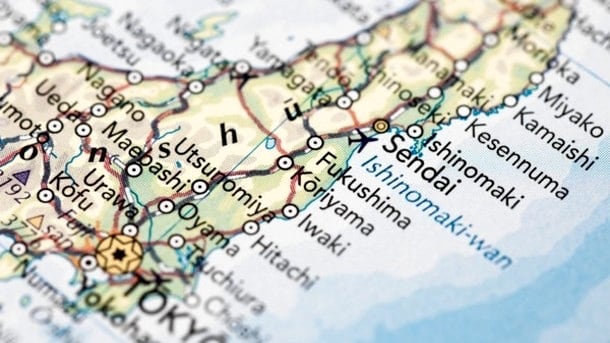Japan and China have been at odds over the former’s decision to release treated nuclear wastewater into the ocean in 2023.
The wastewater was the result of the 2011 Fukushima nuclear disaster, and led to the Chinese government imposing an outright ban on Japanese seafood imports in addition to a public condemnation of Japan being ‘selfish’ and harming global public health.
Close to two years on, China appears to have softened its stance, evidenced by a joint announcement made by the General Administration of Customs China (GACC) and Japan’s Ministry of Agriculture, Forestry and Fisheries (MAFF).
“China will effectively participate in long-term and international monitoring of the ocean releases under the UN International Atomic Energy Agency (IAEA) framework,” GACC stated.
“After independent sampling and other monitoring activities are carried out by all participating countries [and all safety precautions are met, we] will begin to adjust current measures taken on Japanese seafood.
“This will be done based on scientific evidence, and [our plan is to] steadily restore the import of all Japanese fishery products that meet the required standards.”
Japan maintained that the treated wastewater – officially termed ALPS-treated water after the Advanced Liquid Processing System (ALPS) system to remove radionuclides from the water – is being released into the ocean consistent with IAEA safety standards and international policy.
“Japan is making every effort to avoid any adverse effects on the human body or the environment, and we will continue to evaluate the impact on the marine environment and ecology,” MAFF stated.
“Taking into account the interests of all stakeholder countries, we welcome long-term and international monitoring at key stages of the ocean release.
“We will ensure all stakeholder countries, including China, are able to effectively participate in this monitoring and [have access to conduct their own] independent sampling and inter-laboratory comparisons.”
This is the first major acknowledgement China has made towards concrete plans for lifting the ban on Japanese seafood imports.
If successfully executed, the lift would provide a definite boost to Japan’s seafood industry – before the ban came into force, seafood exports from Japan to China were valued at around JPY75bn (US$520.4m).
According to data from the Japanese Ministry of Finance, exports declined 99.3% year-on-year in September 2023 after the announcement was made.
Japan’s quest to reinstate exports
Japan has been on a long-term quest to secure open doors from all the 55 markets that banned or imposed restrictions on its food exports after the 2011 nuclear disaster.
As of September 2024, 90% or 49 of these markets had lifted their restrictions, but Japan has continued to face trade barriers from a few such as China, Hong Kong, Macau, Taiwan, South Korea and Russia.
Russia and Taiwan have strict test certificate requirements for Japanese food imports, whereas the rest have various sorts of import bans in place.
The pushback from these markets, most of which are neighbouring Japan geographically, worsened after Japan insisted on releasing the ALPS-treated wastewater into the ocean despite protests.
As such, the softening of China’s stance could have far-reaching positive impacts for Japan if the rest of these markets see fit to follow suit – and Japan may finally be able to put a period to its long quest for reacceptance.





